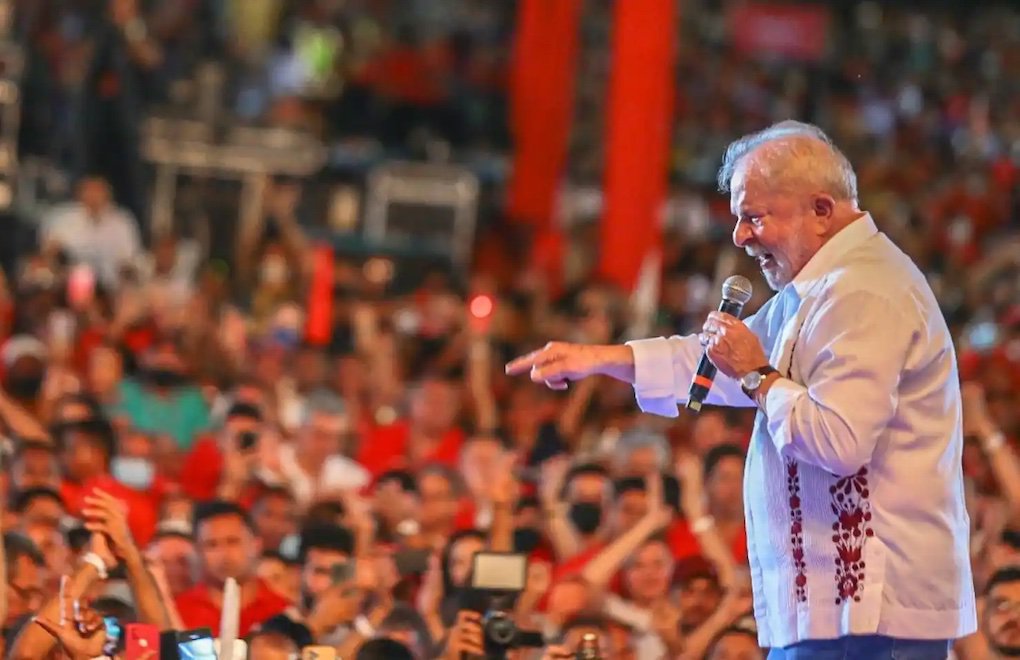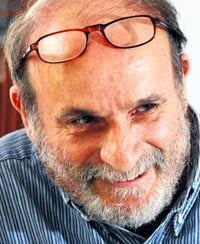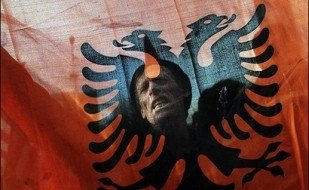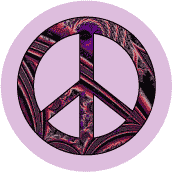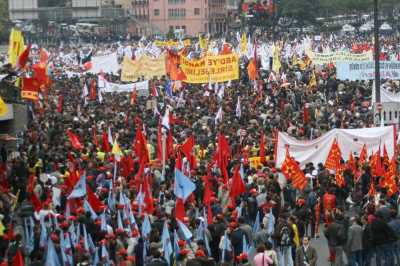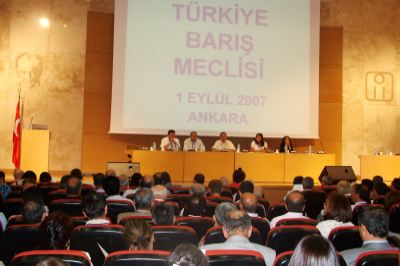"You Can Negotiate with Terrorists - I Have!"
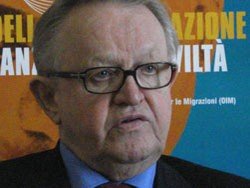
"All of my professional life has been spent negotiating with groups who were called "terrorist" at one time or another", said Martti Ahtisaari, Finnish President from 1993 to 2000.
Member of the "Independent Commission"
Turkey knows him better in his role as a member of the "Independent Commission on Turkey". Other members of the commission include Anthony Giddens, Kurt Biedenkopf, Marcelino Oreja Aguirre, Emma Bonino, Michel Rocard, Hans van den Broek, Albert Rohan and Bronislaw Geremek. In a report which the commission prepared in 2004, it had argued that the EU should start membership negotiations with Turkey.
Experience in conflict resolution
Ahtisaari, who started life as a village boy who later became a primary school teacher, was also a well-known diplomat before he became president. He collaborated with two UN General Secretaries, Perez de Cuellar and Kurt Waldheim, in order to find solutions for the conflicts resulting from colonialism and apartheid in Tanzania, Namibia, Mozambique and South Africa.
A social democrat, Ahtisaari has contributed to finding solutions to other conflicts in the world as a trusted negotiator since he left the presidential office. In 2000, the British Government employed him to monitor the Irish Republican Army’s (IRA) surrender of arms.
The Crisis Management Initiative, which he founded, managed to organise peace meetings between the Indonesian Government and the Free Aceh Movement in 2005 and concluded them successfully.
In 2006, Kofi Annan appointed Ahtisaari as the special UN representative in Kosovo, a duty which he continued until 2007.
In appearance, he resembles a quiet retired man, plump and walking with a limp; it is difficult to imagine at first that he is a fighter for peace, who at one time barely saved his skin from the traps of the racist South African government’s secret services.
Learning responsibility from sharing power
But listening to what he had to say at the conference “The Role of Communication in the Dialogue of Civilisations” at the San Servolo congress centre in Venice was enough to show that he has much to tell:
“This is very interesting. When groups [formerly known as terrorists] come to power in some countries, or share power in others, they become part of those powers which have responsibility for a country. I do not believe that anyone can learn responsibility without being in power.”
“Therefore, it is impossible in fair and free elections to exclude some groups on the basis that they say things you do not like to hear. In the conflicts I witnessed, I realised that people and organisations can only know what is expected of them if they are part of a political process.”
The experienced diplomat warns that in the case of conflict, the two sides should not believe that a political process would start by saying “okay, we accept these but not these”.
“In the end that point is reached, but only as part of the political process; if we think that we can push those kinds of groups to the side artificially, we waste time.”
What about Turkey?
[…]It is unavoidable to want to know what Ahtisaar thinks about the conflict and tensions in Turkey, a country in which the words “peace”, “compromise”, civilian solution”, “political solution”, and “military solution” have become frequently used in daily political language.
When he stepped down from the platform, he started answering my question by asking, “Do you know that I have a special relation to Turkey?”
“I know,” I said, “you are the man behind the Independent Commission.” Having passed the “entrance exam”, I then asked him, “In Turkey, battles restarted again after five years. Do you think there really is a permanent solution?”
Solution is mostly obvious...
He answered, “I have not been to Turkey for a long time, and I have no detailed information as to why the battles restarted. But we can start with some basic assumptions.” Ahtisaari’s “basic assumptions” are that peace activists in Turkey are determined: “If a political will is amassed, and if all the players necessary to support us are included, then there is no conflict that cannot be solved. In most conflicts it is known already what has to be done. The problem is only the hesitation shown in developments.”
Role of the military
A refugee himself, he pointed out that one has to take into account the fact that “peace” sometimes has to be imposed by “force”, thus answering the question, “Is the military way a solution?”
With his blue eyes he looked at the high ceilings of San Servolo […] and then said: “Nazism, which destroyed Europe, was only ended with the Second World War.”
“There may be times when you feel the need for military intervention in order to stop a genocide. I believe that at times there have been great mistakes made when no military intervention was used. Otherwise, many lives could have been saved in Africa. When the international community should have acted, but did not, that cost us dearly.”
“However”, ended the humble negotiator, “even if military force is used to end a conflict, this has to be followed by efforts of peace and compromise.” (EK/AG)
The long and hot summer ahead
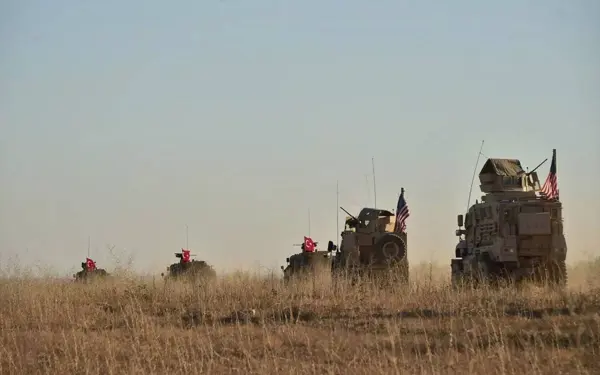
'Shamelessness'
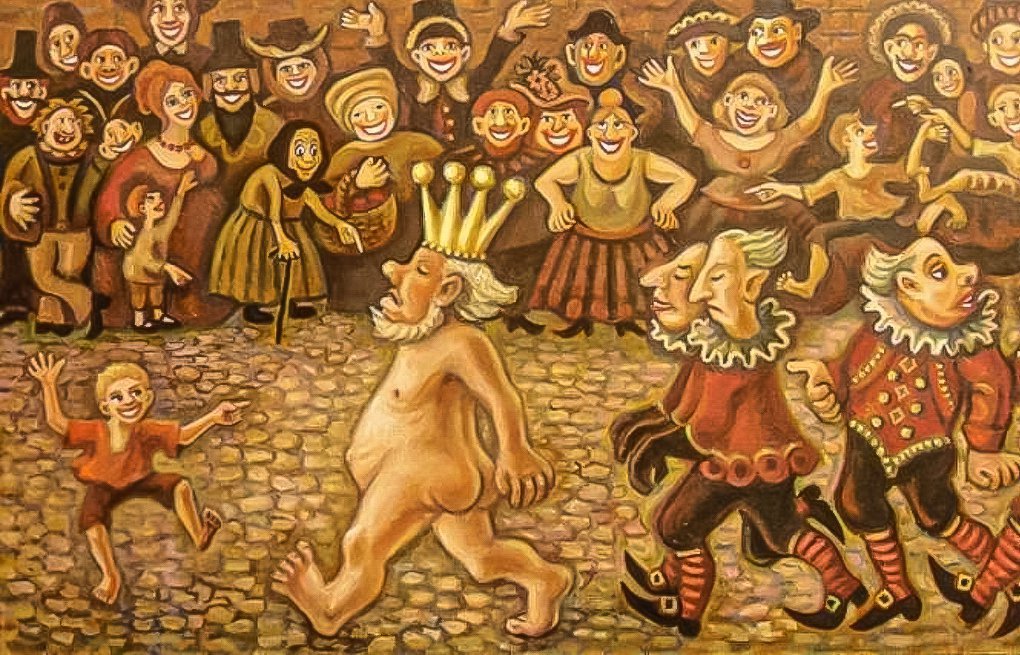
LEFT TIDE IN LATIN AMERICA-III
The new task: 'To contribute the reintegration process, to recover the lessons of the Cuban revolution'
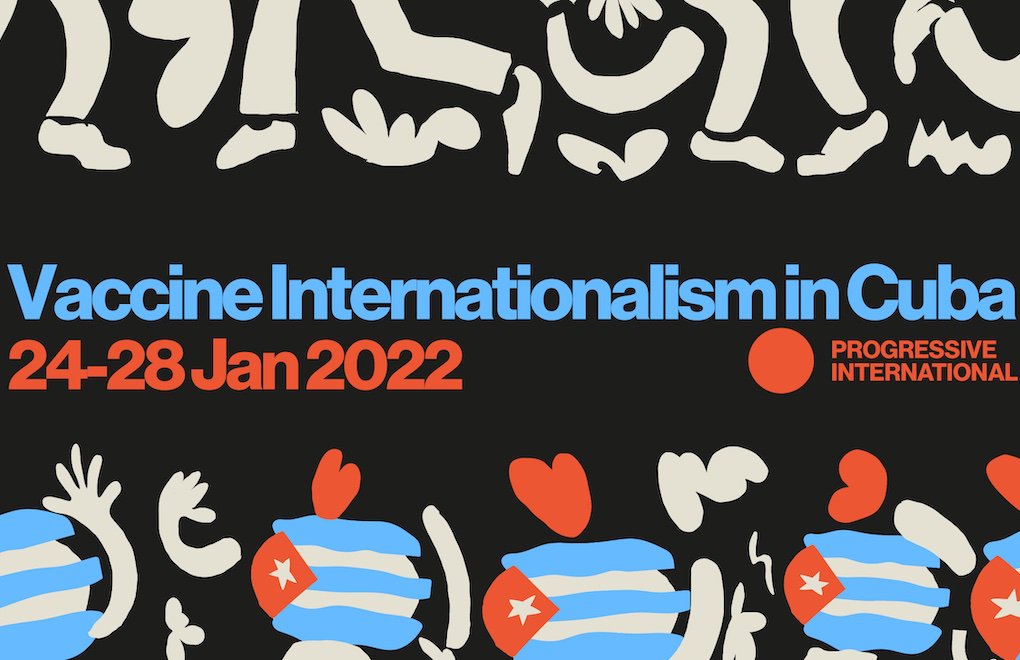
LEFT TIDE IN LATIN AMERICA-II
An International to accompany the continental rise of the Left
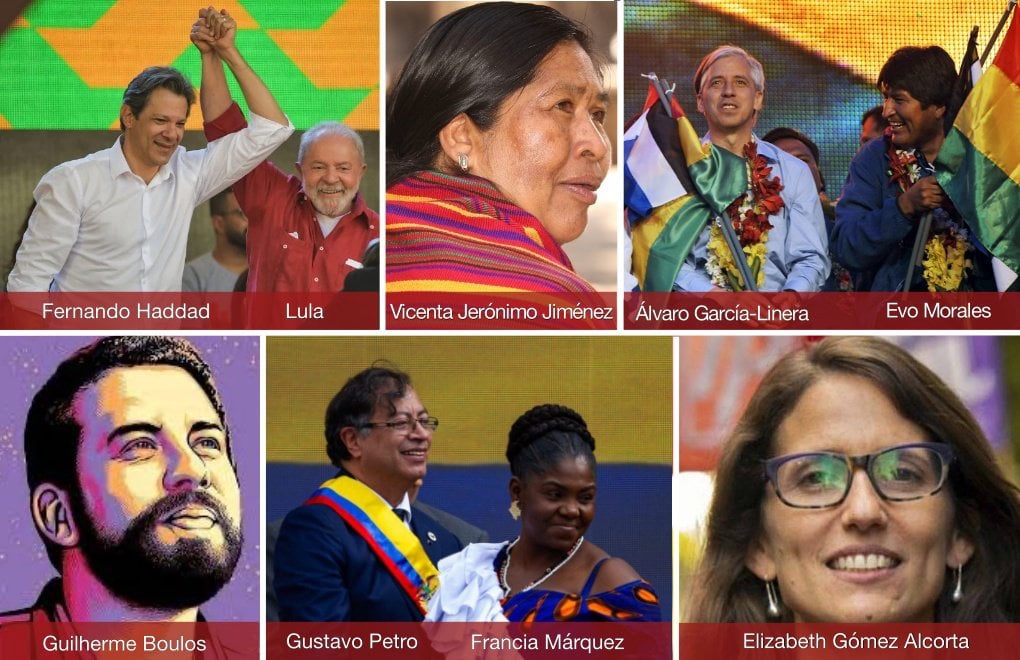
LEFT TIDE IN LATIN AMERİCA-I
David Adler: "A new vision that is feminist, ecologist, and pluralist"
